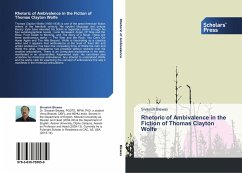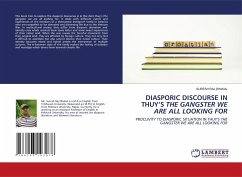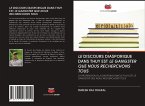Thomas Clayton Wolfe (1900-1938) is one of the great American fiction writers of the twentieth century. His opulent language and unique literary style have elevated his fiction to legendary status through his four autobiographical novels : Look Homeward, Angel, Of Time and the River, From Death to Morning, and The Story of a Novel. There are three posthumous works The Web and the Rock, You Can't Go Home Again and The Hills Beyond. Wolfe is fascinating as a creative writer and it appears that ambivalence at the level of 'lived life' and artistic endeavour has been the compelling force of Wolfe the man and Wolfe the artist. Ambivalence has presided without restraint over his creative articulations. There is an unrequited exuberance in his work, manifested in an uncontrolled, fragmented style. His narratives also underline his rhetorical ambivalence. Any attempt to understand Wolfe and his works calls for examining the concept of ambivalence the way it manifests in the rhetorical articulations.
Bitte wählen Sie Ihr Anliegen aus.
Rechnungen
Retourenschein anfordern
Bestellstatus
Storno








